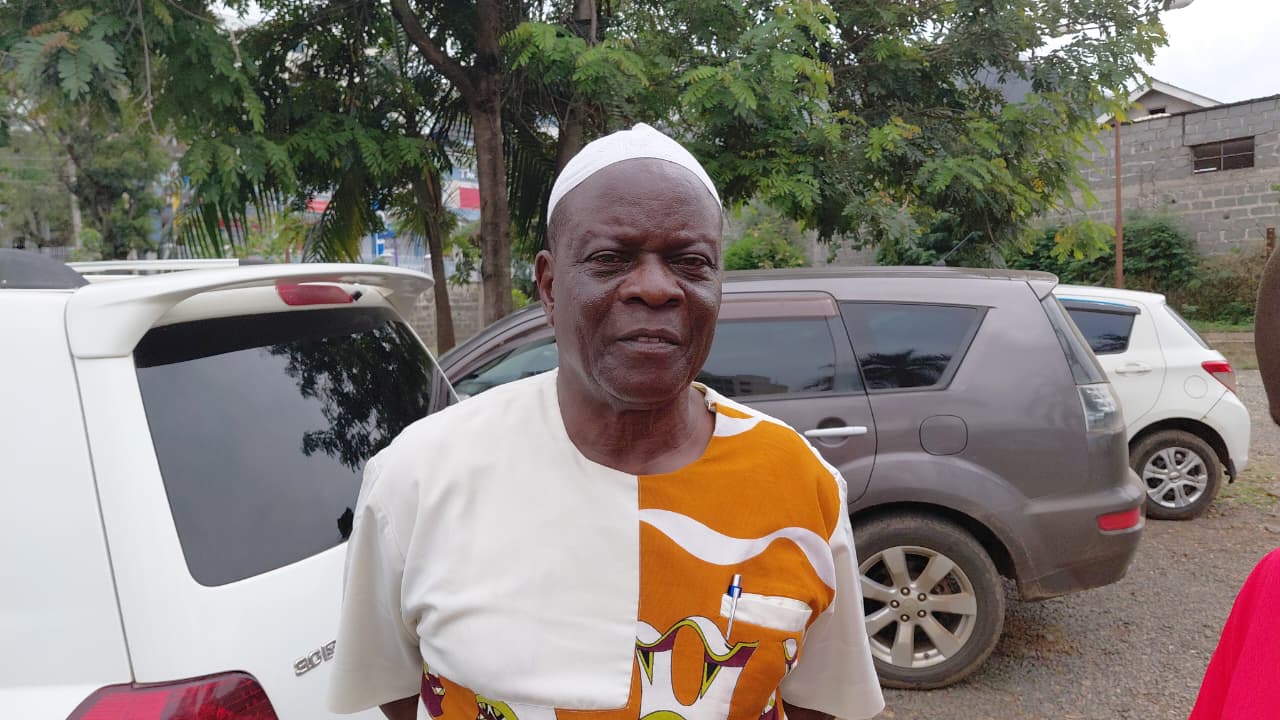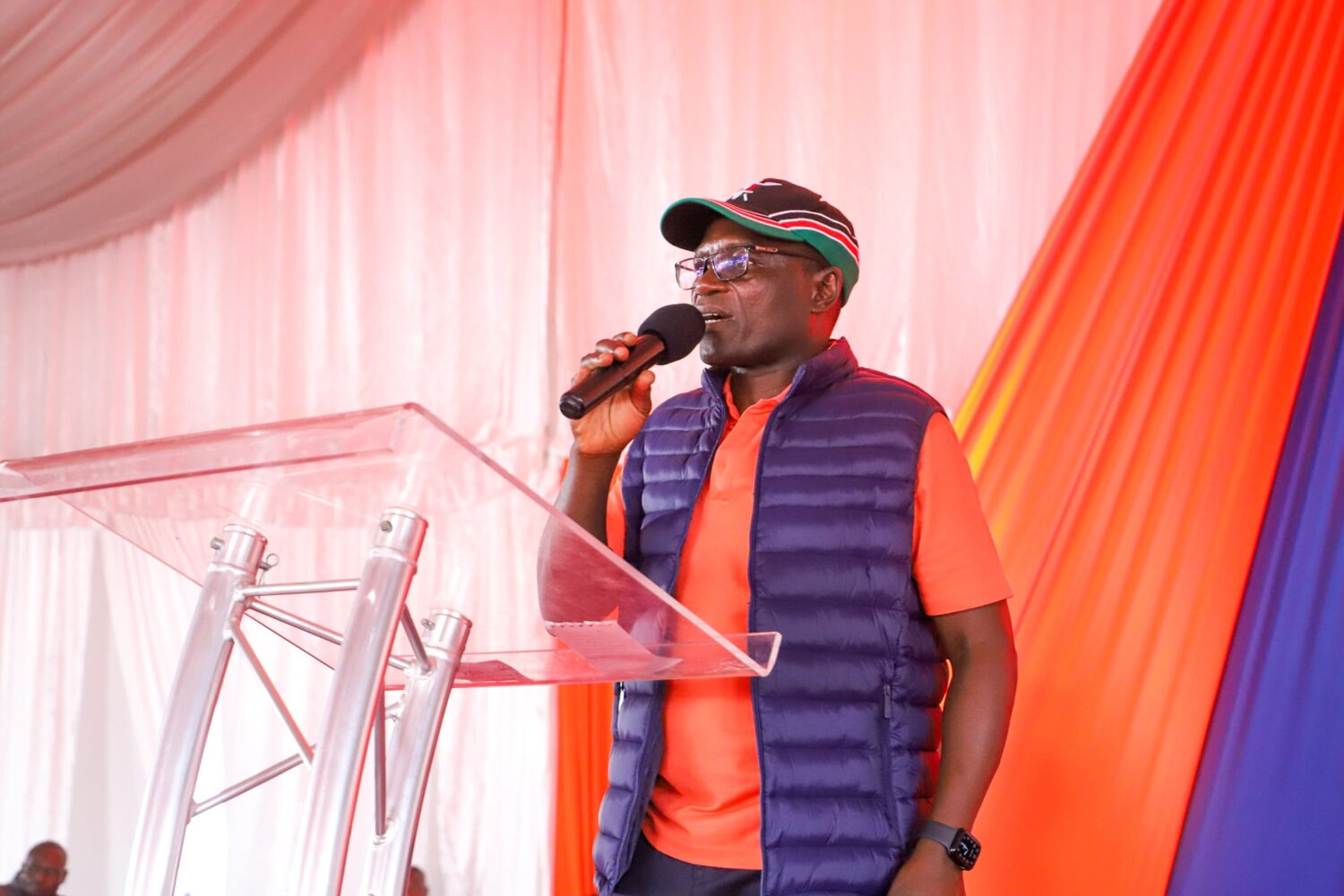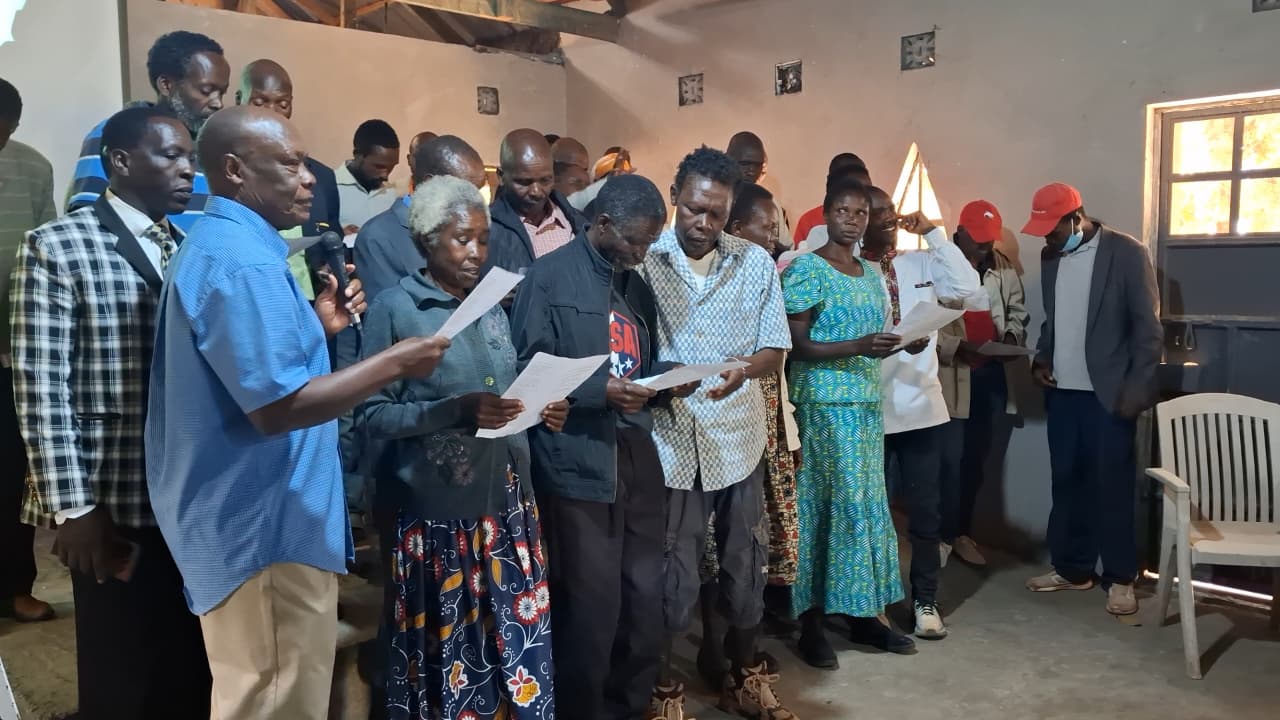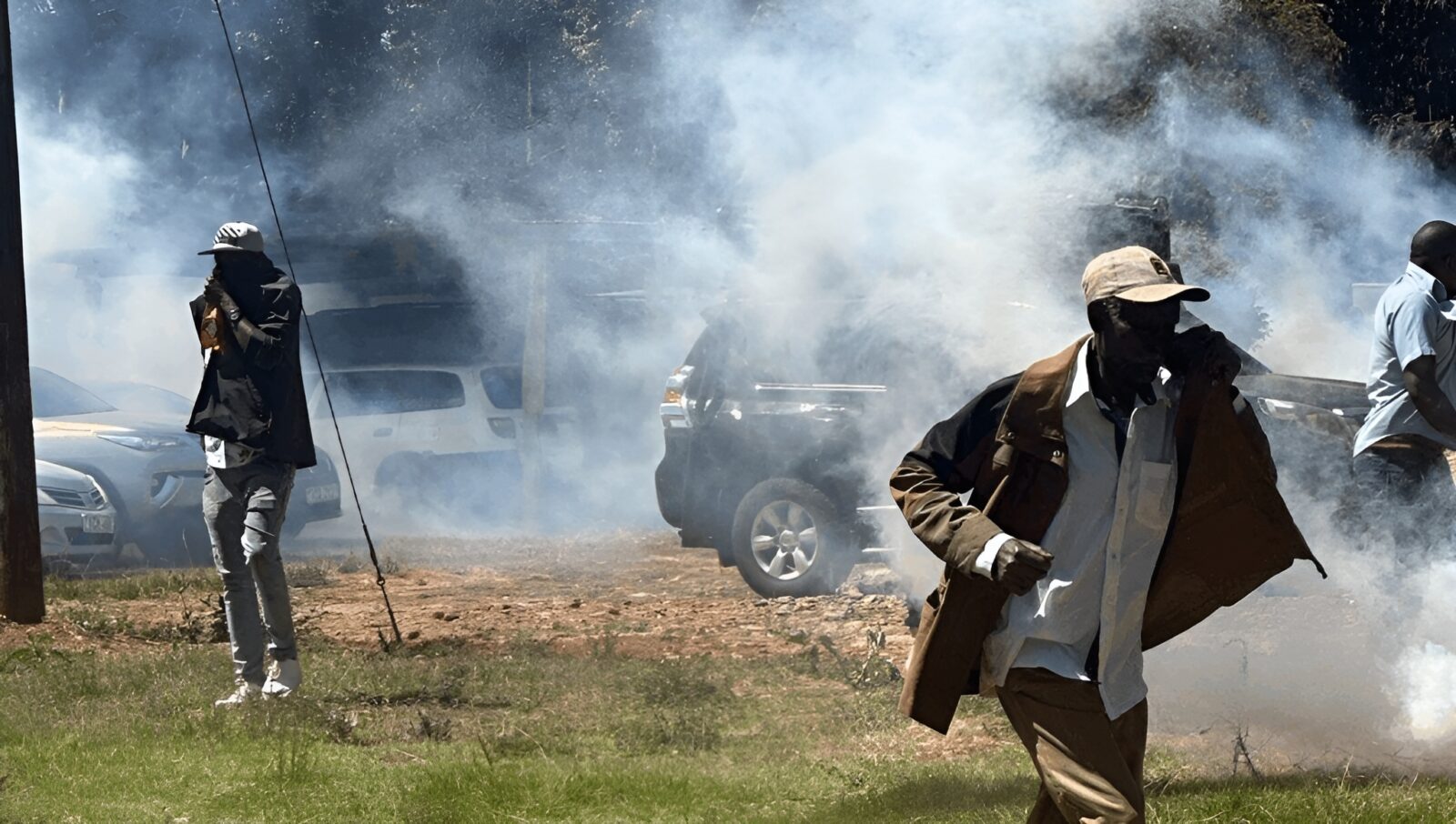Most schools have closed across the country, thousands of parents have received their children from boarding schools. For many, the excitement is about performance in areas like grades, rankings and progress.
Yet, behind every report card lies a bigger story: the unseen, unspoken side of what children are learning when parents are not looking.
A silent crisis is unfolding in homes and schools alike. Kenya’s modern parenting culture has become increasingly detached, built more on routine than relationship.
The average child spends more hours with teachers, caregivers, or peers than with their own parents. From baby care to boarding school, emotional distance has quietly replaced family connection and the results are showing.
Rising cases of indiscipline, drug abuse and moral confusion among students are not just failures of the education system. They are symptoms of homes that have outsourced parenting.
While many parents work hard to provide materially, few are truly present. In most households, the television, smartphone and social media have replaced conversation. Parents know their children’s academic grades but not their emotional struggles.
The holiday season is, therefore, more than a break. It’s an audit. It offers families a chance to rediscover one another.
A child’s silence, new habits, or sudden withdrawal often tells more than any end-of-term exam. Many have been exposed to pressures, influences and ideas that go unnoticed until the damage is irreversible.
Cardinal Moses Teddy Oketch of Nomiya Church Kenya, believes that education begins at home.
“Teachers often bear the blame when students go astray, but education begins at home.” He says. “Schools can only supplement what families start. If a child grows up in an environment where affection, guidance and accountability are missing, no curriculum can fill that gap. The foundation of discipline and values is laid long before a school uniform is ever worn,” he further advises.
As children settle back home this term, parents must engage deliberately. Know who your child spends time with, what content they consume, and what conversations shape their worldview. Talk to them not as suspects but as sons and daughters in need of direction.
Parenting has never been about perfection; it’s about presence. A parent who listens will always learn what a teacher cannot say. The best investment in a child’s future is not a high school, not a tuition programme but time.
The education calendar may have closed, but the most important classroom, the home, is now in session. The lesson plan is simple: rebuild trust, restore discipline and reclaim responsibility. Because if parents fail to teach, the world will. Its lessons are rarely kind.
Oketch further cautions parents against engaging in the purchase of fake examination from online predators, reminding them of the competency based nature of assessment as their action further worsens not just the credibility of the education system, but also, the outcome of their own sons and daughters.
“Do not buy examination materials in the guise of helping your children to pass examinations,” he warns. He spoke to TV 47 Digital in Kisumu while wishing success to the 2025 candidates.
This year, 996078 students will be sitting for the Kenya Certificate of Secondary Education, KCSE, 1130669 learners will be assessed through the Kenya Junior School Education Assessment, KJSEA and 1298089 learners will sit the Kenya Primary School Education Assessment, KPSEA, making a total of 3424836 candidates across the country.












